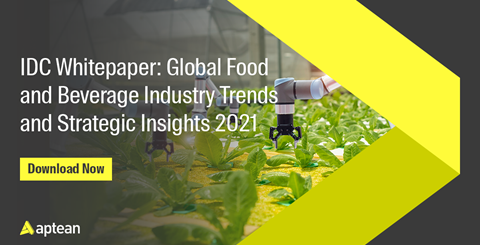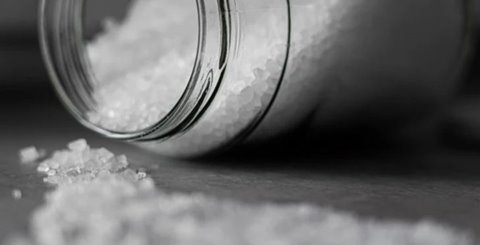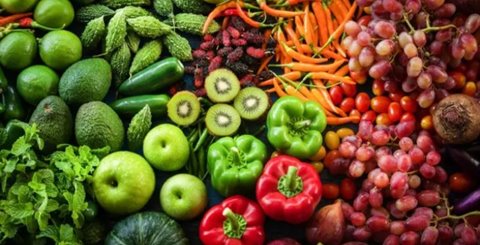Recycling: What Can You Do as a Food Company?
Every food company has to deal with food waste and large amounts of packaging material. To have a perspective on how alarming this problem really is, the food that is wasted annually in Europe and America alone could feed the whole world 3 times over. In addition, about 30% of packaging material still goes directly into the incinerator. Available natural resources are decreasing, while the demand continues to rise. This global problem must be addressed. What can you do as a food company to contribute to this?
Composting instead of throwing away
It is important for food companies to compost as much as possible. First off, it is much better for the environment. A large part of food and packaging material still goes directly to landfill. A shame, right? This gigantic pile of waste decomposes, and, consequently, methane is released in this process – a greenhouse gas with 30 times the greenhouse effect of CO2. Secondly, the removal of residues to landfill is becoming more and more expensive. A nice reason to choose for an alternative as much as possible. Composting is simply just the process of processing food waste into compost. This can be done on a small scale – households can do this themselves – but also on a large scale. In addition to companies depositing their food waste at composting companies, they can choose to compost themselves. When you make this decision, it is important to train your staff to sort the compostable material correctly. Much better for the environment!
Keep your food waste to a minimum
The fact that you are dealing with food waste, is hard to avoid. For example, production errors can be made, there is stock that can no longer be sold or you have food residues that are not needed for your product. Next to composting, there is more you can do. For example, you can bring your waste streams to companies such as De Verspillingsfabriek. Various food residues are collected, assessed, processed and upgraded here. By recycling human food into human food, for example soups and sauces, a lot less food is wasted.
Making packaging material more sustainable
Food companies work with a lot of packaging material. For example, cheese that is packed in plastic or a bar of chocolate wrapped in aluminium foil. With the requirements set in the area of food safety, shelf life etc., it is often not feasible to ditch packaging completely. Therefore, it is even more important to make this packaging material more sustainable. The more that packaging can be recycled, the fewer natural resources are needed to create new packaging. For example, our customer Eosta packages its products in bioplastics, which is fully compostable within 12 weeks. Some of their products are even lasered, making packaging redundant altogether. You also see that more and more food multinationals are striving to produce their plastic packaging fully recyclable in 2025, as mentioned in the article by VMT.
Reuse and recycling strategies can ensure that packaging does not end up as landfill. As a food company, choose to work with packaging that you can reuse as much as possible or choose packaging with material that can easily be recycled, such as glass or metal, these are infinitely 100% recyclable.
Streamline your business processes
By streamlining all your business processes, you have a better idea as to what is going on (purchasing, sales etc.) to prevent as much waste as possible. Technology can support the food industry to work more sufficiently. Ultimately, prevention is always the best solution.

Do you want to know how the right ERP can help you?
Read the blog and infographic about how your food company can help stop food waste.
 Nederlands
Nederlands English
English



